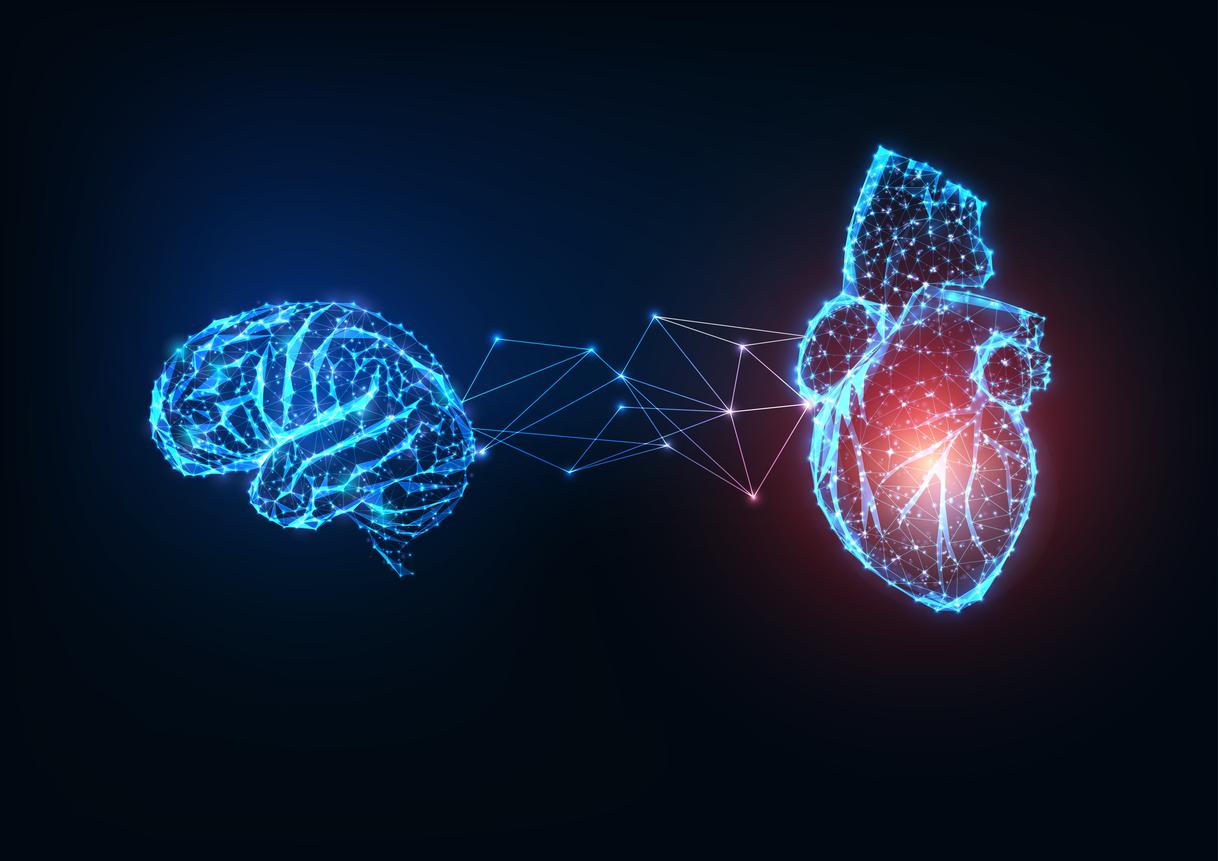The study made the front page of the famous American journal Journal of Neuroscience. For good reason, this is the first time that researchers have succeeded in using laboratory rats to prevent memory loss linked to Alzheimer’s disease thanks to gene therapy. The authors of this feat, scientists from the Neuroscience Institute of the Autonomous University of Barcelona (UAB), explain how they managed to reverse memory loss “in these early stages” in mice.
Gene therapy uses nucleic acids (DNA or RNA) to treat or prevent disease. In the case of Alzheimer’s disease, Spanish researchers have used a gene that stimulates the production of a blocked protein in patients suffering from this pathology. The gene was injected into the hippocampus, a brain region involved in memory.
Alzheimer’s disease is characterized by a dysfunction of the protein, “Crtc1”, responsible for the activation of the genes which encode the formation of long-term memory. “When the Crtc1 protein is altered, we cannot activate the genes responsible for the synapse or the connections between neurons in the hippocampus and the individual cannot carry out his memory work correctly”, explains Doctor Carlos Saura, responsible for of the study, quoted by the UAB and taken up by the AFP.
This study opens up great prospects for the treatment and prevention of this neurodegenerative disease. The next step is for researchers to find out how to activate this protein in humans and see if the technique tested in mice can be transposed to humans.


















